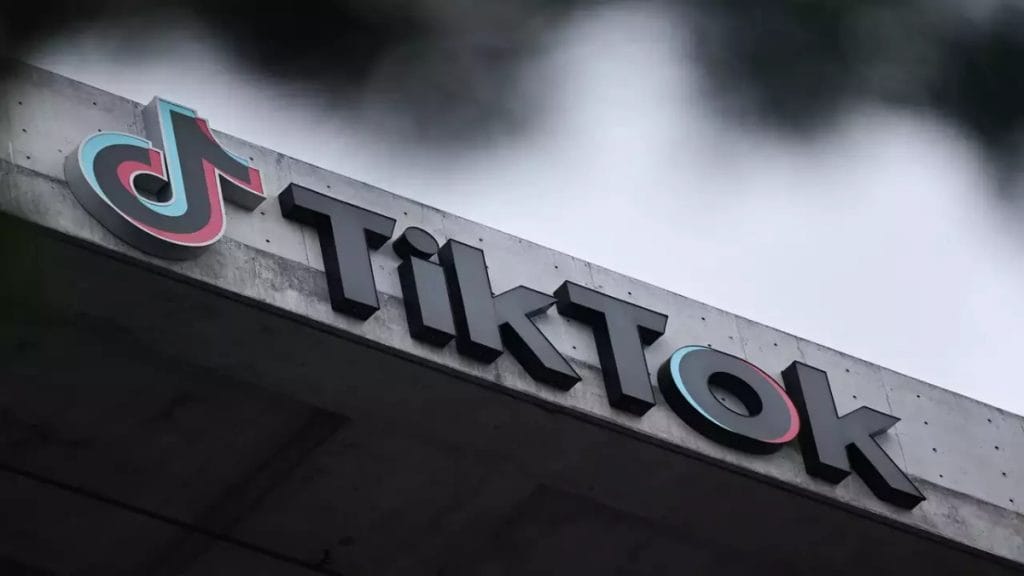New Delhi: TikTok recently introduced a new social app called Whee, similar to Instagram, where users can share photos and send messages. However, Whee hasn’t gained much popularity yet. According to app intelligence firm Appfigures, the app has had very few downloads and hasn’t advertised itself much.
Launched on June 18 in 71 countries, Whee hasn’t made it to the Top Free Apps chart on Apple’s App Store or even the Top 500 Social apps in many markets. Its lack of promotion has kept it largely unnoticed. Most of its downloads have come from smaller markets like Malaysia, Turkey, Saudi Arabia, Peru, and Indonesia, but even in these countries, the numbers are quite low. For example, Malaysia has the highest number of downloads at 2,400, while Indonesia has just 800 installs.
Appfigures reports that ByteDance has not utilized Apple’s Search Ads to boost Whee’s visibility, and user feedback has been lukewarm, with the app holding a global rating of 3.6 out of 5 based on 31 ratings, only 10 of which include reviews.
ByteDance has not disclosed its future plans for Whee. However, the timing of the app’s release is notable, coming after President Biden signed a law in April potentially banning TikTok. ByteDance has challenged the ban in court, but Whee’s introduction could be seen as a backup plan to maintain a social media presence in the U.S. if TikTok is banned.
This isn’t ByteDance’s first foray into launching alternative social apps. Earlier in 2023, it introduced Lemon8 in the U.S. and U.K., leveraging TikTok influencers to generate initial interest. While Lemon8 did not see immediate success, it has since grown to be the No. 2 Lifestyle app in the U.S., with nearly 7.7 million iOS downloads. ByteDance also operates CapCut and briefly experimented with TikTok Now, a BeReal rival that was shut down after less than a year. Currently, ByteDance is testing another Instagram-like app, TikTok Notes.
Whether Whee will adopt a similar growth strategy as Lemon8 remains uncertain. If TikTok influencers start promoting Whee, it’s likely part of a paid campaign to boost the app’s visibility.





